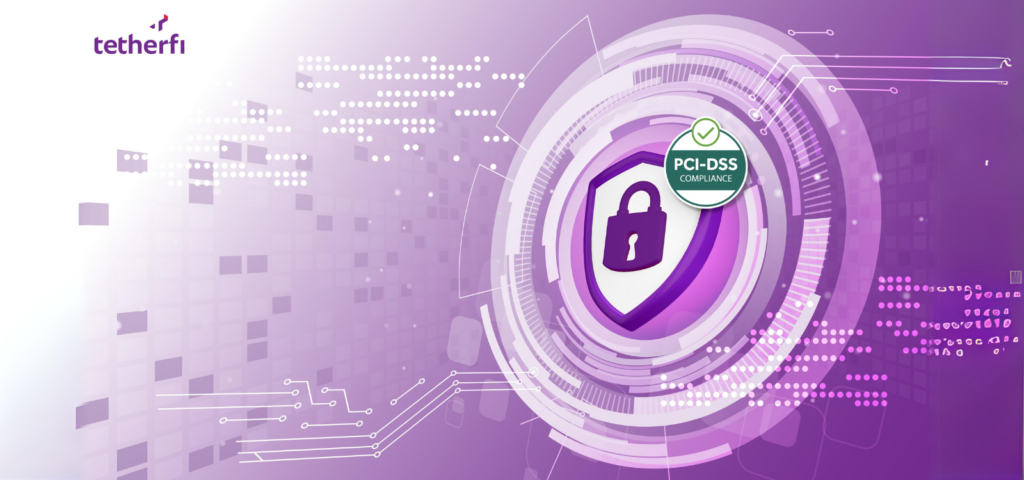In the ever-evolving landscape of digital transactions, security stands as a paramount concern. One of the pivotal frameworks ensuring the integrity and confidentiality of payment card data is the Payment Card Industry Data Security Standard (PCI DSS). In this blog, we delve into the essence of PCI DSS, unraveling its intricacies, and exploring the invaluable benefits it brings to businesses and consumers alike.
Understanding PCI DSS:
PCI DSS is a set of security standards designed to ensure that all companies accepting, processing, storing, or transmitting credit card information maintain a secure environment.
Comprehensive Security Requirements, PCI DSS comprises a set of twelve comprehensive requirements, covering areas such as network security, data protection, access control, and regular monitoring.
Benefits of Implementing PCI DSS:
1. Customer Trust and Confidence:
Compliance with PCI DSS instills confidence in customers, assuring them that their sensitive card information is handled with the utmost care and security.
2. Data Protection:
PCI DSS mandates robust measures for protecting cardholder data, reducing the risk of data breaches and unauthorized access.
3. Legal Compliance:
Adhering to PCI DSS not only enhances security but also ensures compliance with various legal requirements and industry regulations.
4. Reduced Fraud and Data Breach Risks:
Implementing PCI DSS measures significantly reduces the risk of fraud and data breaches, safeguarding both the business and its clientele.
5. Industry Credibility:
Compliance with PCI DSS enhances the credibility of businesses in the eyes of financial institutions, partners, and stakeholders.
6. Cost Savings in the Long Run:
While initial implementation may involve some investment, the long-term benefits include reduced incidents of fraud, potential legal costs, and reputational damage.
Challenges and Best Practices:
1. Continuous Monitoring:
Regularly monitor systems and networks to identify and address vulnerabilities promptly. 2. Employee Training:
Educate employees about security policies and procedures to ensure a collective understanding and commitment to compliance.
3. Regular Audits:
Conduct regular internal and external audits to assess compliance and identify areas for improvement.
In a world where digital transactions form the backbone of commerce, PCI DSS emerges as a critical safeguard, providing a standardized approach to securing payment card data. The benefits extend beyond mere compliance, fostering customer trust, protecting sensitive information, and fortifying businesses against the ever-present threats of cybercrime. As organizations navigate the digital realm, embracing and implementing PCI DSS becomes not just a choice but an imperative step toward a secure and resilient future.
We’re excited to announce our achievement of PCI DSS compliance for the Tetherfi Secure Work from Home (SWFH) SaaS application. This milestone reflects our unwavering commitment to data security and compliance, and our determination to deliver innovative, secure, and reliable solutions to our clients.
For any questions or further information, please don’t hesitate to reach out to our team. We’re here to help and provide you with the secure communication solutions you need.



